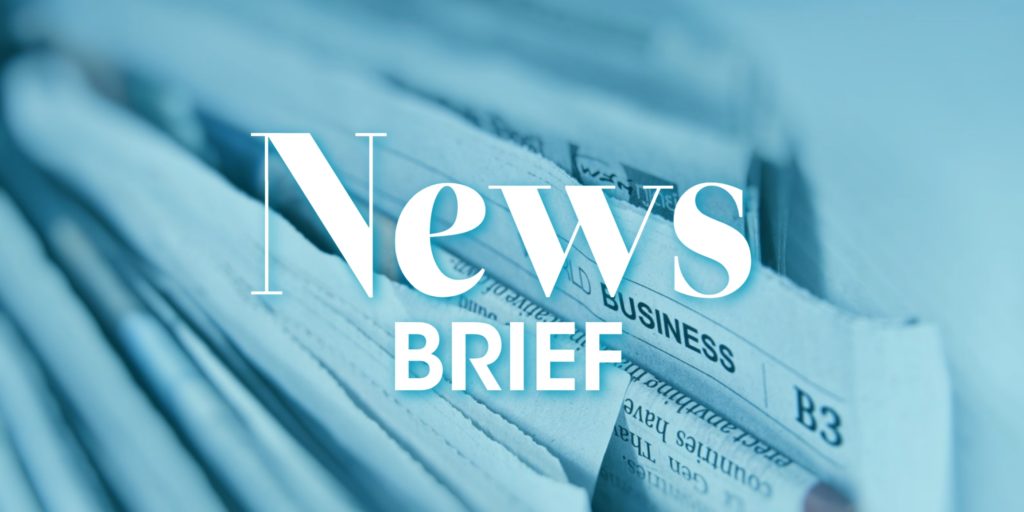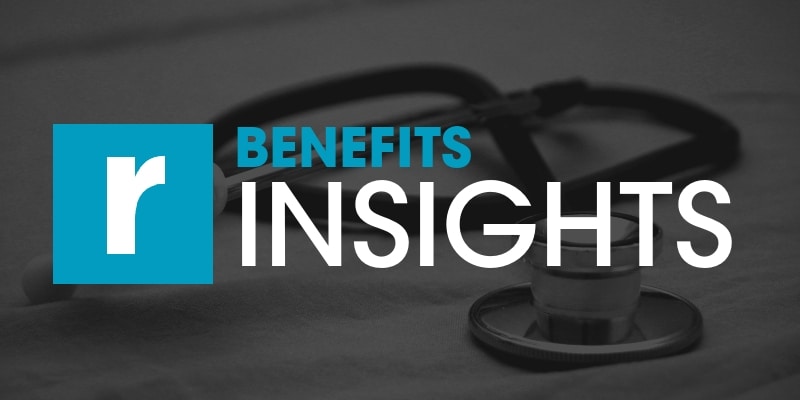19 Aug CDC Director Warns of “Worst Fall” for Public Health if COVID- 19 Measures Aren’t Followed
 In an interview with WebMD, Centers for Disease Control and Prevention (CDC) Director Robert Redfield warned of the potential impact of a surge in COVID-19 cases this fall.
In an interview with WebMD, Centers for Disease Control and Prevention (CDC) Director Robert Redfield warned of the potential impact of a surge in COVID-19 cases this fall.
Redfield called on Americans to help bring the outbreak under control by participating in advised practices such as wearing a mask, washing hands, social distancing and avoiding crowds. Redfield also warned that “this could be the worst fall from a public health perspective, we've ever had” if COVID-19 preventive measures aren’t followed.
07 Aug 2021 Benefits Planning and COVID-19
 As the COVID-19 pandemic continues to wage on, its effects on benefits planning for next year are being felt—especially as open enrollment season approaches.
As the COVID-19 pandemic continues to wage on, its effects on benefits planning for next year are being felt—especially as open enrollment season approaches.
According to Mercer's Global Survey #5, 20% of employers surveyed said updating benefits programs to better meet employee needs was an HR area in which companies are seeing an increased need for support.
In addition to considering plan design changes, employers are having to evaluate and adjust their benefits packages for 2021. Some of the most common changes being made for the 2021 enrollment season are outlined in this article.
07 Jul Post-coronavirus Return-to- Work Plans and EAPs
 The coronavirus (COVID-19) pandemic has changed employees’ daily lives and routines, and even as businesses reopen, many employees are feeling the effects of the pandemic. As businesses reopen, employers must consider how the COVID-19 pandemic has affected employees, which in turn will affect their post-coronavirus return to work.
The coronavirus (COVID-19) pandemic has changed employees’ daily lives and routines, and even as businesses reopen, many employees are feeling the effects of the pandemic. As businesses reopen, employers must consider how the COVID-19 pandemic has affected employees, which in turn will affect their post-coronavirus return to work.
As employees return to work, many are experiencing financial hardship, balancing new caregiving responsibilities, managing concerns over their physical well-being, and maintaining their mental well-being and health. During these uncertain times, employees are understandably experiencing significant stress, which can lead to lower productivity and morale, and increase their risk for health conditions, absenteeism and higher health care costs.
To help employees navigate these times and ease their return to work, employers should consider offering or revamping an existing employee assistance program (EAP) to address post- coronavirus return-to-work concerns. EAPs can help employees tend to their personal needs, leaving you with healthier, happier and more productive employees.
25 Jun Federal Agencies Issue More FAQs on Coronavirus-related Changes for Health Plans
 The Departments of Labor, Health and Human Services and the Treasury (Departments) have provided answers to a second set of frequently asked questions (FAQs Part 43) about health coverage issues related to COVID- 19, including implementation of the Families First Coronavirus Response Act (FFCRA) and the Coronavirus Aid, Relief and Economic Security Act (CARES Act).
The Departments of Labor, Health and Human Services and the Treasury (Departments) have provided answers to a second set of frequently asked questions (FAQs Part 43) about health coverage issues related to COVID- 19, including implementation of the Families First Coronavirus Response Act (FFCRA) and the Coronavirus Aid, Relief and Economic Security Act (CARES Act).
The FAQs provide guidance on a variety of topics related to health plan coverage. For example, the FAQs:
- Provide that COVID-19 testing for surveillance or employment purposes is not subject to the coverage mandate under the FFCRA and CARES Act;
- Confirm that the FFCRA and the CARES Act generally prohibit balance billing for COVID-19 diagnostic testing;
- Allow health plans to revoke the temporary COVID-19-related coverage changes without satisfying certain notice deadlines, provided participants are notified within a reasonable time frame in advance of the reversal of the changes; and
- Allow large employers to offer coverage for telehealth and other remote care servicesto employees who are not eligible for any other group health plan offered by the employer during the public health emergency.

